In August 2021, the Dalio Center for Health Justice launched an annual Health Justice Research Grant program, in partnership with Weill Cornell Medical College and Columbia University Vagelos College of Physicians and Surgeons. This grant program funds innovative research that directly advances efforts to reduce health inequities and disparities.
$1.4M
grant funding
$9M
additional funding obtained by original grantees
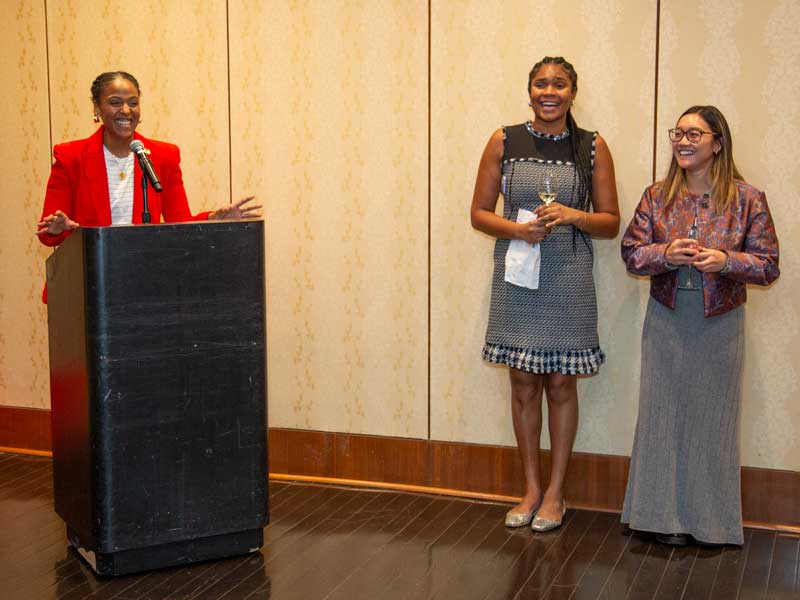
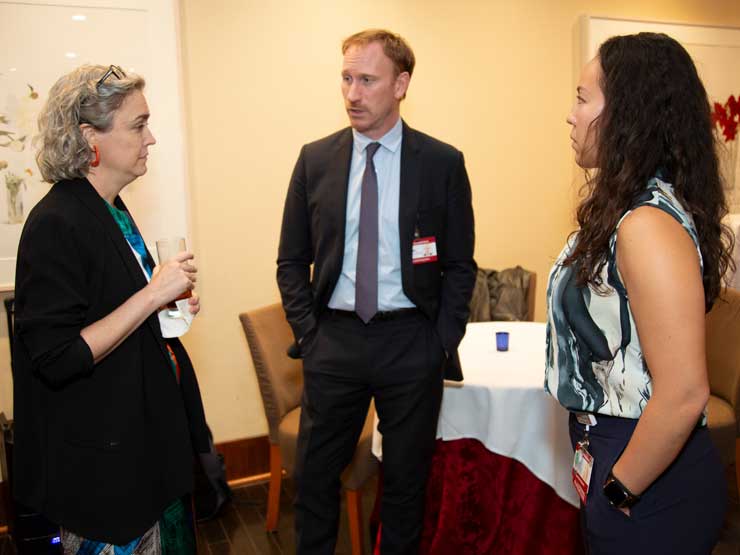
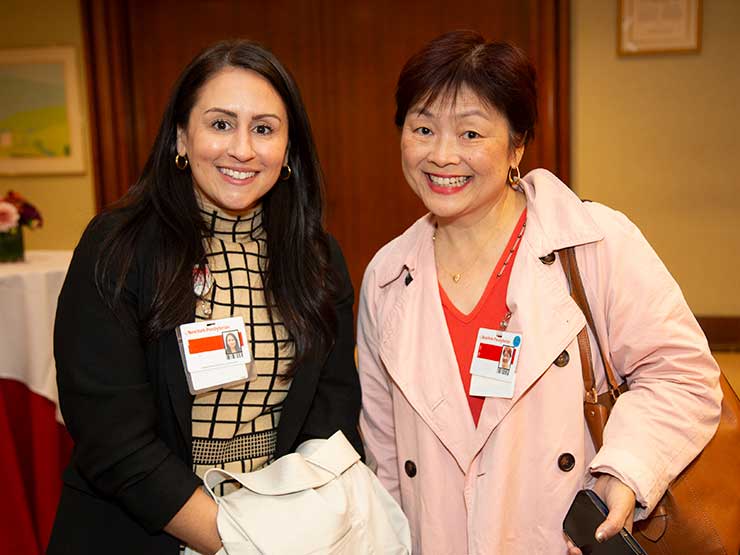
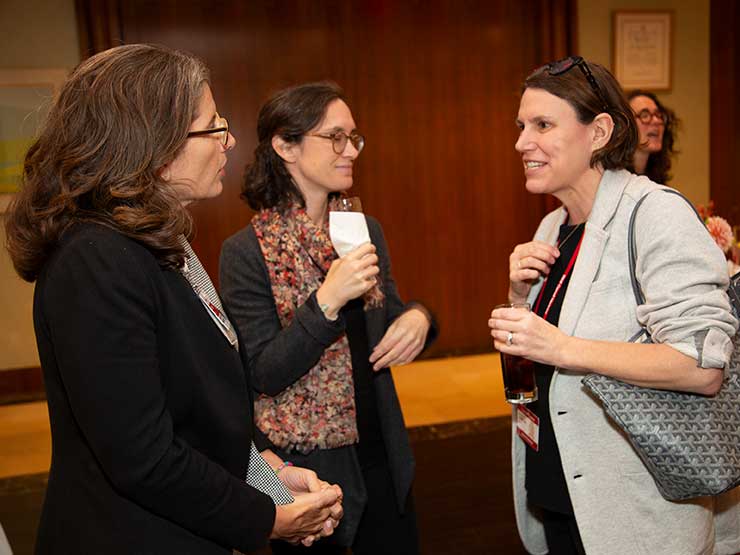
Six health equity grants were selected in the inaugural cohort of grantees. As their project comes to an end, we are featuring their final progress and interviews here with each research team lead.

Sri Lekha Tummalapalli,
MD, MBA, MAS
WCMC

Deirdre Sawinski, MD
WCMC

Will Simmons, MPH
WCMC

Arindam Roy Choudhury, PhD
WCMC

Sumit Mohan, MD, MPH
CUIMC

J. Travis Gossey, MD
WCMC

Jeffrey Silberzweig, MD
WCMC

Neil Mohammed, BS
NYP

Jonathan T. Lin, MD
WCMC

Yiye Zhang, PhD, MS
WCMC

Lauren K. Groner, DO
WCMC

Rishikesh Dalal, MD, MPH
WCMC

Erica Phillips, MD, MS
WCMC

Nathalie Moise, MD, MS
CUIMC

Rulla Tamimi, ScD
WCMC

Kimberly Lovie Murdaugh, MD, MS
LungCheck

Bradley Pua, MD
WCMC

Luis Blanco, BFA
CUIMC

Stephen Peterson, MD
NYP Brooklyn Methodist

Laura Robbins
Hospital for Special Surgery

Shashi Kapadia, MD
WCMC

Matt Scherer, MD
WCMC

Alexis Vien, MD
WCMC

Randolph Marshall, MD
CUIMC
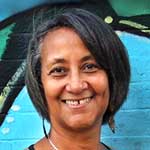
Yvonne Stennett
Community League of
the Heights

Olajide Williams, MD, MS
CUIMC

Gabriela Drucker, MS
CUIMC

Patricia Peretz, MPH
NYP, Center for Community Health Navigation

Debra Keenan
Community League
of the Heights
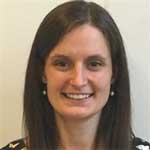
Laura Gingras, MD
WCMC
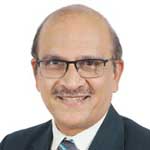
Parag Mehta, MD
WCMC

Elizabeth Baquero, EdD
WCMC

Alfred Leong, MD
WCMC

Celine Sabbagh, BA
WCMC
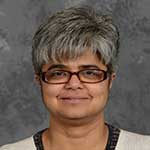
Mangala Rajan, MBA
WCMC

Meena Seetharaman, BA
WCMC

Monika Safford, MD
WCMC

Sanjai Sinha, MD
WCMC

Ayanna Green
WCMC

Keith Roach, MD
WCMC

Roberta Opoku Agyeman
WCMC

Fred Pelzman, MD
WCMC

Sanish Varghese
WCMC

Nathaniel Kratz, MD
CUIMC
We proposed to adapt interpersonal counseling (IPC) to meet the needs of racial/ethnic minority adolescents/young adults to include monitored, self-guided modules through IPC Coach, an app that aims to increase mental health care delivery. We will develop a strategy for integrating IPC Coach into clinic-based settings and evaluate the acceptability and feasibility of using IPC Coach. It is my hope that this project will provide the foundation for us to improve access to mental health care for minoritized adolescents and young adults following mental health and substance use screening in primary care clinics.
Most of my work has been in low-and middle-income countries and minoritized populations in the U.S., focusing on addressing SDoH, such as exposure to violence, and improving access to mental health and substance use care. In Mozambique, I led the development of three digitized applications of evidence-based interventions to support community health workers and primary care providers to deliver interventions with high fidelity and quality. Now I am the director of technology development for the Mental Wellness Equity Center focusing on supporting work of community wellness specialists who work with low-income, marginalization populations in New York City. This project is an opportunity to adapt these applications to include self-guided components to improve access to care.
To me, health justice means creating a world where everyone, regardless of their background, identity, or circumstances, has equitable access to the resources, services, and opportunities that allow them to live a healthy life. It goes beyond ensuring that health care is available—it means addressing the structural barriers and systemic inequities that determine who gets to be healthy and who does not. It’s about dismantling the racism, classism, and other forms of discrimination embedded in healthcare systems that disproportionately impact marginalized communities.

Jennifer Mootz, PhD
CUIMC

Myrna Weissman, PhD
CUIMC

Alwyn Cohall, MD
CUIMC

Jane Chang, MD
WCMC

Renee Cohall, LCSW-R
CUIMC
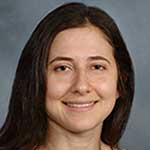
Cori Green, MD
WCMC

Milton Wainberg, MD
CUIMC
Four health equity grants were selected for the second round of funding. Their projects are featured here.
Racial and ethnic minority women in the U.S. face higher pregnancy-related complications and deaths, particularly from preeclampsia, which affects 4-7% of pregnancies and increases future cardiovascular risks. Efforts to improve maternal health equity are hampered by limited data and a lack of interdisciplinary research. This project uniquely combines ophthalmology and obstetrics, leveraging advancements in non-invasive retinal imaging to predict maternal health outcomes. Preliminary data indicates that subclinical changes in the eye’s blood vessels may signal hypertensive disorders of pregnancy (HDP) before diagnosis, allowing for early intervention. Over the past year, the team has successfully recruited over 1,100 participants, with 600 undergoing imaging in multiple trimesters. Their next steps include completing current clinical recruitment, publishing findings, expanding to diverse populations, and developing new guidelines for screening of HDP. This project was recognized as a top project by the Society for Maternal Fetal Medicine Annual Meeting 2024, National Harbor, Maryland.

Srilaxmi Bearelly, MD, MHS
CUIMC

Andrew Laine, DSc
CUIMC

Ronald Wapner, MD
CUIMC

Liat Shenhav, PhD
New York University
Since the 1980s, extreme heat events (EHEs) have surged, leading to over 11,000 excess heat-related deaths in the U.S. Vulnerable populations—such as older adults, infants, individuals with multiple comorbidities, those with low socioeconomic status (SES), minoritized racial/ethnic groups, and outdoor workers—are particularly at risk. To address this issue, the team aims to develop a stakeholder-informed Heat-Related Risk Prediction Tool to model EHE-related morbidity risk across the NewYork-Presbyterian system, ultimately reducing the adverse health impacts of EHEs on these populations.
Since receiving funding, the team has collaborated with the Architecture for Research Computing in Health (ARCH) at Weill Cornell Medicine to integrate electronic health record data with heat exposure and SES variables within the NewYork-Presbyterian system. They are currently creating an analytical file to conduct spatial epidemiological analysis, which will facilitate the development of the risk prediction tool. This initiative will help identify patients within the NewYork-Presbyterian system who are susceptible to both heat-related and heat-sensitive illnesses.

Arnab K Ghosh, MD, MSc, MA
WCMC

Fei Wang, PhD
WCMC

Cecilia Sorensen, MD
CUIMC

Donald Edmondson, PhD, MPH
CUIMC
Transgender and gender-diverse individuals often view their voice as integral to their identity. A match between voice and experienced gender has been linked to improved quality of life, while a mismatch can lead to dysphoria. Voice and communication modification training (VCMT) is the current standard of care for voice modification. However, access to VCMT is limited, particularly for racial and ethnic minorities, those facing socioeconomic challenges, and individuals in rural areas.
Supported by the Dalio Center’s Health Justice Research Grant, this transdisciplinary team is developing an open-access VCMT app, called Attuned, based on evidence-based practices in speech-language pathology. Over the past year, the team, in collaboration with Cornell Tech graduate students, has created a new version of the app and is currently working to enhance the user interface.
The next phase involves conducting a qualitative study to make sure the app meets the needs of the transgender and gender-diverse community. Feedback will be incorporated into a new version with Weill Cornell Medicine information technology services. Finally, Attuned’s outcomes will be compared to those of traditional VCMT in collaboration with Callen-Lorde Community Health Center, a leader in LGBTQ care.
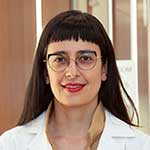
Anaïs Rameau, MDCM, MPhil, MS, FACS
WCMC
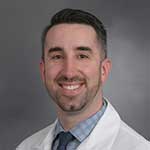
Keith Chadwick, MD, MS
Stony Brook Medicine

Jerel Ezell, PhD MPH
University of California, Berkeley School of Public Health

Rachel Coleman, MS-CCC/SLP
WCMC

Dustin Duncan, ScD
CUIMC

Katerina Andreadis
New York University

Asa Radix, MD PhD
CUIMC

Sara Albert, BA
WCMC

Mary Pitti, MS
Ithaca College

David Bayne, PhD,
CCC-SLP
Ithaca College
Asthma affects 12-15% of children in U.S. cities, leading to over 14 million missed school days annually and significant health care costs, disproportionately impacting low-income Black and Hispanic populations. Research indicates that home health care visits and self-management education can effectively reduce environmental asthma triggers and improve outcomes.
The Home-based Asthma Nurse Directed Youth Home Environment and Learning Program (HANDY HELP) partners a Public Health Solutions home asthma specialist (HAS) with an asthma program nurse practitioner (NP) to form a home-based asthma team. Started in August 2024, the program includes home visits that assess SDoH, environmental factors, and asthma self-management education, supported by tool bags to manage asthma. The HAS also aids families with pest control, housing issues, and communication with medical providers.
Moving forward, HAS visits will now integrate synchronous clinical asthma management through video consultations with the NP, utilizing a Bluetooth stethoscope.
Dr. Tsirilakis’ team evaluates the program’s impact on symptom control, health care utilization, quality of life, and school absenteeism, targeting culturally diverse populations in high-need neighborhoods served by NewYork-Presbyterian Queens and NewYork-Presbyterian/Weill Cornell Medical Center.
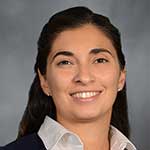
Kalliope Tsirilakis, MD
WCMC

Zenna Solomon, MD
WCMC

Perdita Permaul, MD, FAAAAI, FAAP
WCMC

Maria Gabriella Serrano
Public Health Solutions
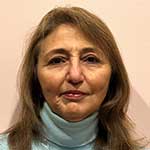
Maria D’Urso, MSN, MBA, RN, FACHE
NYP Queens
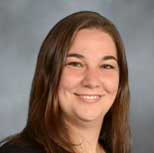
Hilary Carlson, PNP
WCMC

Rachel Schwartz, RN, MSW, MPH
Public Health Solutions
In 2024, the Dalio Center partnered with the EQUIP Center for Learning Health System Science to create the Learning Health System Health Justice Research and Training Award. This award supports Weill Cornell Medical College and Columbia University Vagelos College of Physicians and Surgeons faculty conducting system-wide research on topics at the intersection of health equity and quality in health care. The EQUIP team provides guidance, foundational knowledge, and skill-building to advance awardees' careers as clinician-researchers. Two faculty from Weill Cornell Medical College and two faculty from Columbia University Vagelos College of Physicians and Surgeons were chosen from a competitive pool of applicants. Their projects are described here.
Kidney transplantation offers better survival, quality of life, and long-term cost benefits compared to dialysis, yet most end-stage kidney disease patients in the U.S. never get waitlisted for a transplant. Disadvantaged groups, including minorities, women, and those with lower education and socioeconomic status, face even lower waitlisting rates. A crucial step in improving equity is facilitating timely completion of kidney transplant evaluations (KTEs), which are necessary for determining eligibility for the waiting list. KTEs are complex, often requiring over ten visits, and there are significant disparities in completion rates. This project aims to use machine learning to identify candidates at risk of delayed or incomplete KTEs. The team will develop integrated checklists and dashboards in electronic medical records to enable early intervention, thus optimizing pre-transplant resources and enhancing equity in KTE completion.

Syed Ali Husain, MD,
MPH, MA, FASN
CUIMC

Sumit Mohan, MD,
MPH, FASN
CUIMC

Harry Reyes Nieva,
PhD, MAS
CUIMC

Miko Yu, MPH
CUIMC

Karthik Natarajan, PhD
NYP
Each year, over 80% of emergency department (ED) visits end with patients being discharged home. This transition is critical, as patients must understand discharge instructions and adhere to post-ED care plans. However, current discharge processes often fall short, leading to unplanned revisits and hospitalizations, especially for vulnerable limited-English proficiency (LEP) patients who face unique barriers to health care access and health literacy.
Transforming the ED discharge process is essential for improving safety and health equity in post-ED outcomes. This project will use inclusive, participatory design and implementation mapping to create a patient-centered discharge process. The team will engage recently discharged ED patients and frontline providers to redesign the current system and assess the new process’s impact on clinical outcomes. Their long-term goal is to enhance the quality of ED discharges and improve equity in post-ED outcomes, particularly for LEP populations.

Lynn Jiang, MD
WCMC

Natalie Benda, PhD
CUIMC

Peter A.D. Steel, MA,
MBBS, FACEP
WCMC

Radhika Sundararajan,
MD, PhD
WCMC
This project aims to improve technology-based screening for unmet health-related social needs (HRSNs) among cancer treatment patients. The team will use a learning health system (LHS) approach to identify patients with unmet needs and connect them to appropriate interventions and community resources. They will expand an electronic dashboard to organize HRSN screening data across the NewYork-Presbyterian system and use mixed methods to explore patient and caregiver perceptions of HRSN screening and access to interventions. Ultimately, the goal is to enhance equitable cancer care delivery and improve health outcomes.

Melissa Beauchemin, PhD
CUIMC

Justine Kahn, MD, MPH
CUIMC

Claire Sathe, MD, JD
CUIMC

Melissa Accordino,
MD, MS
CUIMC

Dave DeStephano, MPH
CUIMC

Dawn Hershman,
MD, MS
CUIMC

Rhea Khurana, BS CUIMC

Shoshana Rosenberg, ScD
WCMC

Nat Benda, PhD
CUIMC

Laura Pinheiro,
PhD, MPH
WCMC
In the U.S., hospice care is significantly underutilized by racial and ethnic underrepresented groups and individuals with low English proficiency. To address these disparities, the GOComm-PC initiative will engage the community to develop patient-centered programs. Building on successful goals of care communication training for inpatient clinicians, the initiative will adapt this training for primary care, emphasizing culturally responsive skills to improve hospice utilization among underrepresented groups.
By integrating these discussions into routine ambulatory care, GOComm-PC aims to empower patients to understand advance care planning and hospice options, facilitating shared decision-making that aligns with their values. This initiative will prepare clinicians for meaningful conversations about medical decisions, supporting NewYork-Presbyterian Medical Group’s objectives for Medicare Annual Wellness Visits and increasing appropriate hospice use.

Cynthia X Pan MD (PI)
WC, NYPQ

Andrea Card, MD
WC

Kimberly Bloom-Feshbach MD
WC

Robyn Winsor, MD
CUIMC

Melissa Patterson MD
CUIMC

Kerrianne P. Page, MD
CUIMC
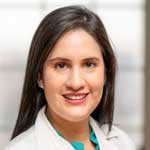
Milagros D. Silva MD
WC
In 2023, the Dalio Center announced the inaugural Service Line Health Equity Awards to fund innovative solutions that address health disparities within NewYork-Presbyterian’s service lines. For this first year of funding, the Dalio Center awarded 15 proposals totaling over $200,000. The awarded projects began in 2024. Their progress is outlined below:
$200k
grant funding
15
projects